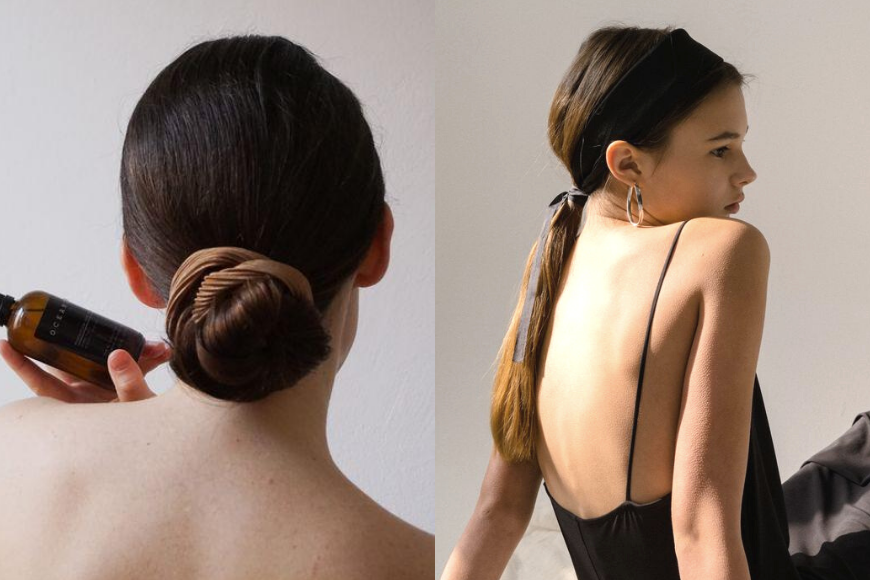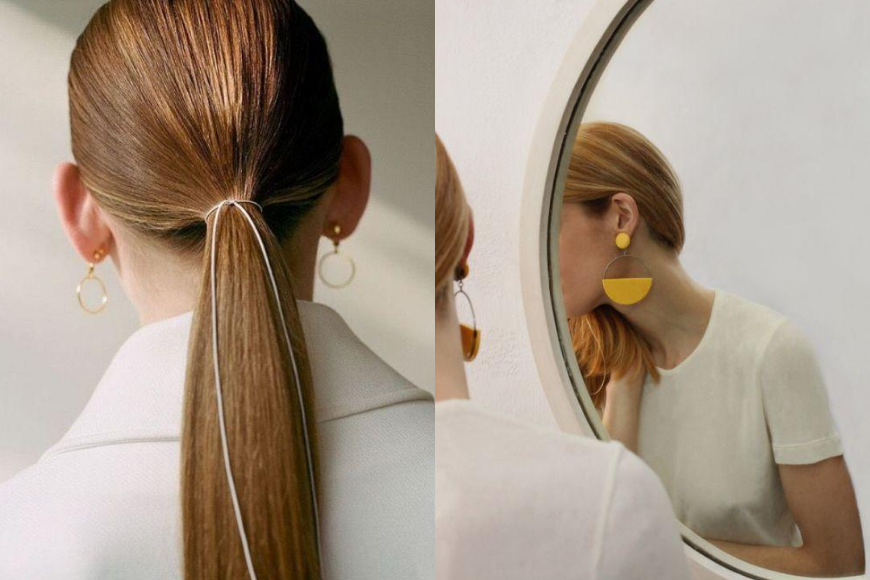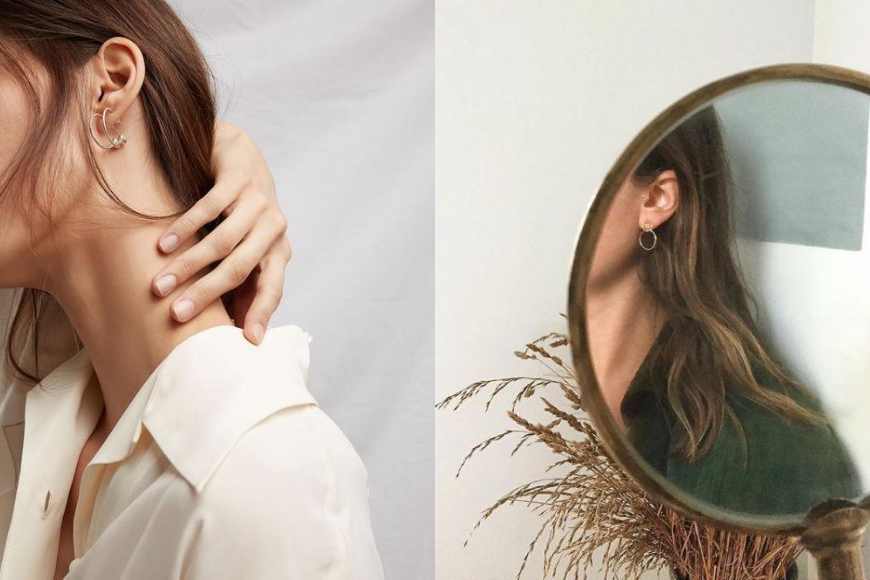The global outbreak of COVID-19 has not yet shown signs of abating. Everyone is in a state of panic, worried about accidentally getting infected and suffering from the disease. In addition, many are concerned about the potential long-term effects after recovery. Previous studies have shown that severe patients may develop pulmonary fibrosis after recovery, while mild patients may experience muscle loss, fatigue, and acute respiratory difficulties. A recent survey also indicates that recovered individuals may face temporary hair loss issues!

According to a Facebook group called “Survivor Corp,” 27% of the 1,500 surveyed survivors reported experiencing hair loss. Additionally, Dr. Esther Freeman, who collected data from over 1,000 cases in 38 countries, also noted an increasing number of survivors reporting hair loss issues.

Medical experts have pointed out that this phenomenon is called “telogen effluvium” (or stress-related hair loss). Basically, it may only appear two to three months after recovery. The main reason for this is due to physical trauma and immense stress on mental health. In addition to recovering individuals possibly experiencing this temporary hair loss issue, some people may also experience hair loss due to worrying too much about the epidemic, or facing stress caused by the epidemic such as the loss of loved ones or unemployment. However, experts also point out that it is not ruled out that the new coronavirus may directly cause hair loss, but this has not been confirmed by research.

However, experts also point out that hair loss as a “side effect” is only temporary. Generally speaking, the hair will grow back in the next few weeks to a few months. The most important thing is for the recovering individual to maintain a calm mindset, not to put too much pressure on themselves, and to seek medical advice when needed.
資料及圖片來源: Popsugar , Pinterest

